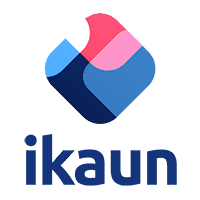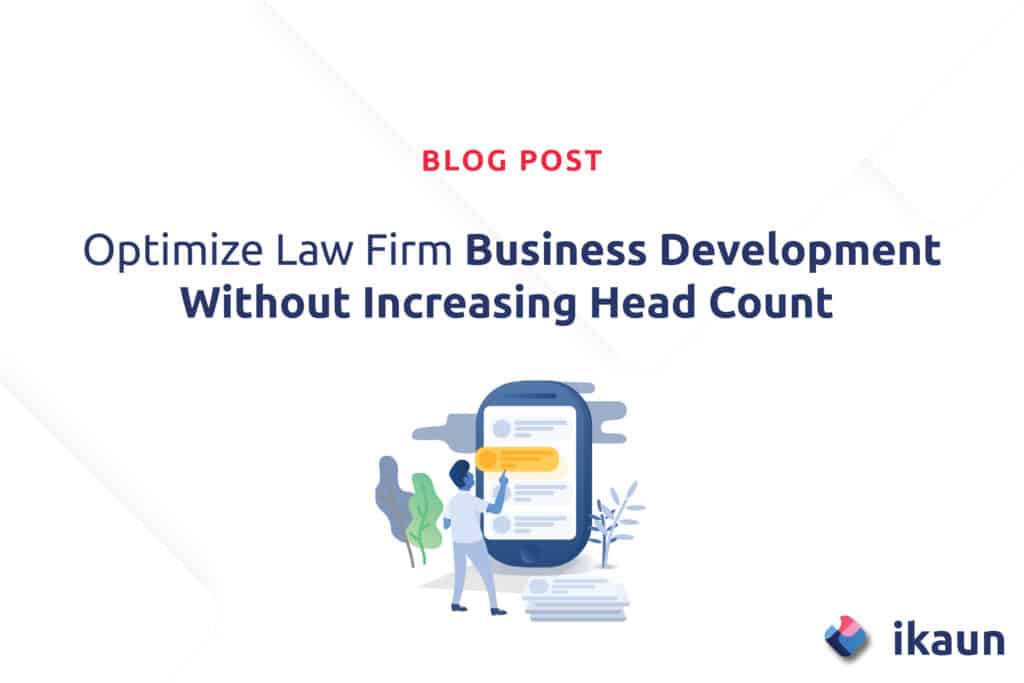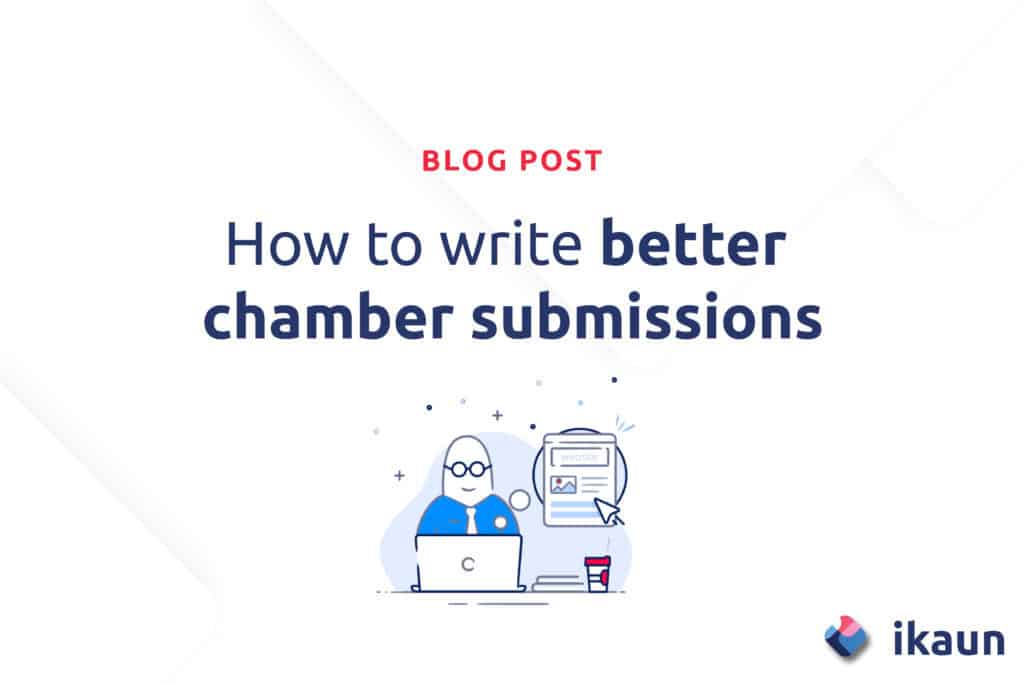Tech, including but not limited to artificial intelligence (AI) and cloud computing, is transforming how firms manage legal work using information.
It’s no surprise that advances in technology are revolutionizing every industry, and legal services is no exception, as it is seeing a vast transformation in how information is managed. Data suggests that most law firms are resistant to change. However, every firm has an abundance of growth potential that could be realized with a new, modern approach. An increasing number of software tools are emerging in the legal industry, making now the best time for firms to modernize technology systems.
Your competition is using innovative technologies and solutions to easily categorize their experience and work more efficiently to locate the most relevant information for any given pitch or proposal. To remain competitive, it is not only in your best interest, but it is essential to implement these technologies.
Artificial Intelligence
Law firms are historically hesitant to implement artificial intelligence (AI) applications, and the American Bar Association found only half of all lawyers use web-based software services in their work. Leveraged correctly, AI can be used to improve dated firm processes when searching for and analyzing information. It can help firms better utilize their past experiences to respond to requests for proposals (RFPs) and answer firm-wide pardon-the-interruption (PTI) emails.
AI can drastically improve the efficiency and accuracy of a law firm’s administrative work by automating manual tasks that take up valuable time. According to the McKinsey Global Institute, artificial intelligence applications can automate up to twenty-three percent of an attorney’s job. This means a machine can now do administrative activities that previously took hours to complete in seconds. Maybe Change to: This means administrative tasks that previously took hours to complete, a machine can complete within seconds.
A 2019 report studying employment trends and projections in legal services for the coming decade in the UK by the Institute of Education Sciences, projects 4 percent of legal professionals will lose their jobs due to artificial intelligence by 2027. In the highly competitive legal services space, this rapid change will force law firms to adjust their business strategy or lose to competition that already has. In many competitive, high-margin industries, AI will turn complex work into a metered service that the enterprise pays for, similar to electricity.
Knowledge Management System (KMS)
Leveraging a Knowledge Management System (KMS) is a common way for law firms to automate time-consuming tasks and improve the quality of information that they present to potential clients. Nearly half of all law firms do not leverage an experience management system or similar to respond to RFPs, generate proposals, or locate expertise, which is a rich opportunity to save time and increase revenue. Maybe separate the last part into its own sentence: Yet this is a rich opportunity to save time and increase revenue. A KMS can be used to locate the most relevant information to utilize in a pitch and increase the firm’s win-rate.
A properly leveraged KMS can also improve matter staffing and cross-selling within the firm. Staffing projects based on an attorney’s previous experience is best practice for law firms, but significantly more challenging to implement when information is not easily accessible. A majority of RFPs also require matters to be addressed from multiple practice areas and departments within a firm. This means the idea of centralized information on attorney experience can help cross-sell, because having accurate and relevant information is critical to bringing more business to the firm.
The Cloud
Perhaps the latest technology trend getting the most buzz in the legal industry is storing data in the cloud. Today, almost 70 percent of enterprise organizations have moved their critical applications into the cloud, but just over half of law firms have followed suit and are utilizing cloud technology as a part of their IT solutions. And the firms leading the way in this shift are typically solo and small firms, as it empowers them to be able to compete with the larger firms.
Cloud services are a secure and efficient way to centralize important data, including files, time and billing, internal communications, and more. Centralizing matter and experience management, improving automation and information management, and simplifying administrative tasks like time and billing information can now be accessible from anywhere on any device.
Updates are made firm-wide in moments, instead of spending time tracking down the latest documents. Cloud solutions enable employees to no longer depend on IT departments and on-premise servers, resulting in their ability to move faster and produce better results.
Cloud computing offers an increase in efficiency when it comes to deploying new solutions. With on-premises or hosted computing, solutions generally take up to a year to implement, compared to a three to six-month implementation period for cloud computing solutions, essentially cutting implementation time in half.
Implementation of the cloud can also help your law firm cut costs. Gartner research has found that an organization can begin to realize cost savings from migrating to the cloud after two years, resulting in a 55 percent reduction after three years. Over half of all respondents saw a reduction in their need for their IT team to maintain infrastructure.
Why should my firm change and adopt AI and the cloud?
Your competition is using AI to improve experience management, create better pitches, and improve their win rate, and you should too. According to research, fee earners on average are spending around four hours per day searching for information to help them perform their job. A more efficient and cost-effective solution exists, and it can dramatically increase a fee earner’s ability to bill more hours.
Leveraging these transformative technologies will help you innovate your firm and respond to clients quickly and with more accurate information.
Key Features
Ikaun was built to help organizations easily create, discover, and use knowledge to enhance employee productivity and increase business outcomes.

Experience Finder
Leverage your organization's collective experience for better decision making; easily search for internal experts by skill sets, industry expertise, and more.

AI-Enhanced Search
Ikaun’s Intelligent-Knowledge-Assistant searches through your ikaun environment and other connected systems to help answer FAQs, find people, find assets, or support complex research scenarios.

Profiles
Create easy-to-read profiles that include biography, skills / expertise, employment history, certifications, affiliations and other key information about your employees.

Proposal Generator
Leverage experience already unified in your ikaun platform to create beautiful on-brand proposals and pitches in minutes.

Knowledge Campaigns
Deploy knowledge campaigns to inform employees about active pursuits, new clients, or firm news.

Integrations
Connect your document management systems, CRM, and other popular applications with ease and confidence.





